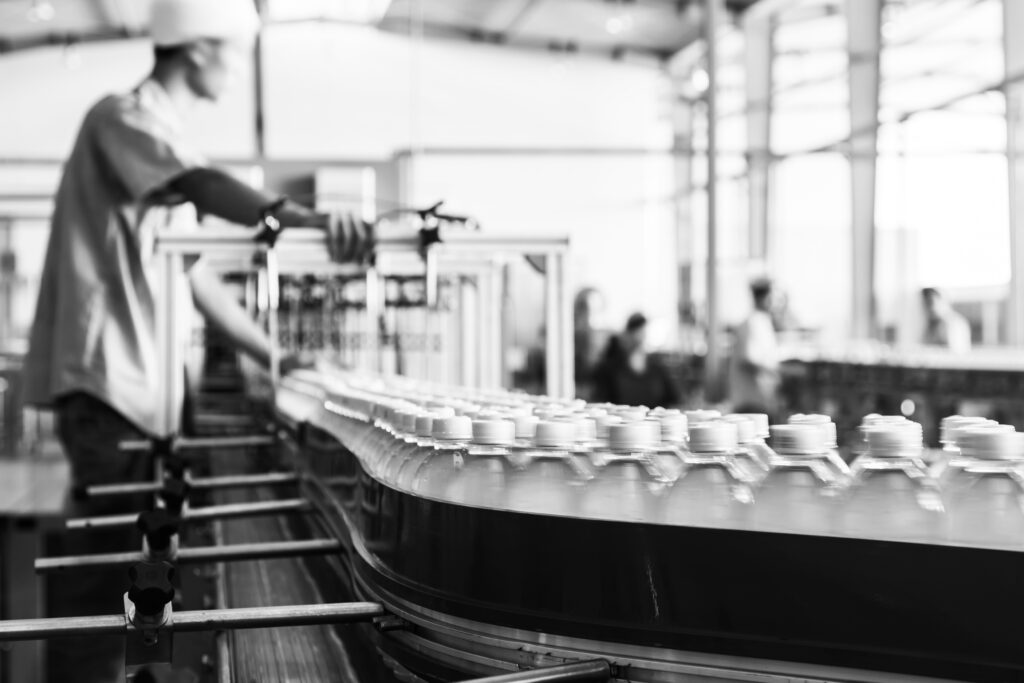The manufacturing industry grew in response to a market that demanded new products, made quickly and made well.
It was forced to evolve new methods and techniques. But now, the demand for new products is being eclipsed by the demand for an altogether new manufacturing industry. One that delivers customised products that are cheaper, quicker and more sustainable. Smarter 4.0 is the result of this revolution in practices, processes and ideas.
This current industrial age means that we now have the networks necessary to connect machinery, regardless of location.
Through data capture, we have the ability to observe the minutest inefficiencies within manufacturing processes. We have the power to make changes in real time, changes that bring about material improvements in output. Cost efficient, local manufacturing is now possible through the emergence of additive manufacturing and automation solutions. Smarter 4.0 has delivered the technological capacity for manufacturing to evolve exponentially.
But technology is simply a blunt instrument, if not in the right hands. At LMAC, we understand that the potential opportunities created by Smarter 4.0 require new philosophies as much as they require new technologies. We recognise that becoming a Smarter 4.0 ready manufacturer doesn’t always necessitate a shop floor overhaul. We realise that people and processes are as important as systems and technology.
We are equipped to journey alongside manufacturers into the brave new world of Smarter 4.0 in a way that suits their specific needs and complements the great people and processes that are already in house.

FIRST INDUSTRIAL REVOLUTION:
Between the late 1700s and early 1800s, manufacturing began to transition from a sole focus on manual labour to a form of labour optimised by the use of water and steam powered engines, and other kinds of machinery.
SECOND INDUSTRIAL REVOLUTION:
The emergence of electricity changed manufacturing processes forever. Assembly lines made productivity more efficient, machinery more mobile and processes more agile.
THIRD INDUSTRIAL REVOLUTION:
Electronics and subsequently computers would be the next game-changing phase of evolution. Systems began to become automated, and less emphasis was placed on mechanical technology, as digital technology brought about a whole new sphere of efficiency.
FOURTH INDUSTRIAL REVOLUTION:
The advent of Industry 4.0! The interconnectivity of the Internet built upon the foundation of computing and digital technology. The smart capabilities of networking plus sophisticated AI have allowed manufacturing systems to produce, connect and improve in ways that maximise efficiency, minimise waste and streamline processes, all in real-time.
Martin Vogel
Managing Director - Hansa Wood ChippersThe SIRI assessment has provided Hansa a true focus on where our best return on manufacturing investment will be recognised, using our industry results as a benchmark. Reflecting on our cost structure as a baseline allowed an unbiased view, while SIRI is focused on Industry 4.0 digital we found that this works in parallel with other lean manufacturing initiatives.
Justin Riley
Former CEO - Barkers Fruit ProcessorsLMAC supported us creating a step change in our business almost overnight, we created flow and capacity...$140k in annualised savings, 40% lift in capacity, no capex, 4 weeks to implement the solution, a group of happy operators, and a group of engaged, motivated, trained practitioners. Fantastic!
Tommy Foggo
Branch Manager - Sanford LimitedFrom the moment they arrived on site, the LMAC team built strong working relationships with our people. They have coached and guided us through the tools, techniques and behaviours that sit behind operating a world class production facility. Working with LMAC is proving to be a very exciting process that has pulled the management teams of our two processing plants together to support a more cohesive approach to business. It is also drawing all of our people out of their comfort zones to give them more confidence to challenge themselves and their processes. We are really starting to feel a tangible culture for Continuous Improvement developing and becoming embedded across our sites, driven by the challenging but collaborative approach of the LMAC team. This true engagement with our people is one of the key reasons that the real business gains are being released so quickly.
Sarah Ramsey
CEO - United MachinistsWe were really pleasantly surprised how much context and comprehension Frank and Alastair had of how a contract machine shop such as ours operates. We feel their pragmatic approach has helped us to focus on tactical solutions that are achievable.











